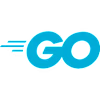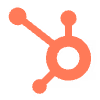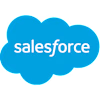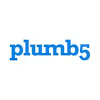
Sfa Crm Software
Starting at
$
100
About this service
Summary
What's included
Sfa Crm Software
In today’s competitive business environment, companies are constantly looking for smarter ways to streamline operations, improve customer interactions, and boost sales performance. One of the most powerful tools that enables this transformation is SFA CRM software — a unified platform that combines Sales Force Automation (SFA) and Customer Relationship Management (CRM) functionalities. Whether you're running a small business or managing a large enterprise sales team, integrating SFA CRM software into your tech stack can lead to significant improvements in productivity, customer engagement, and revenue. In this article, we’ll explore what SFA CRM software is, how it works, why it matters, and what features you should look for.
Duration
1 week
Skills and tools
Account Manager
Customer Success Manager
Sales Manager

Asana

Golang

HubSpot

Salesforce
Industries
